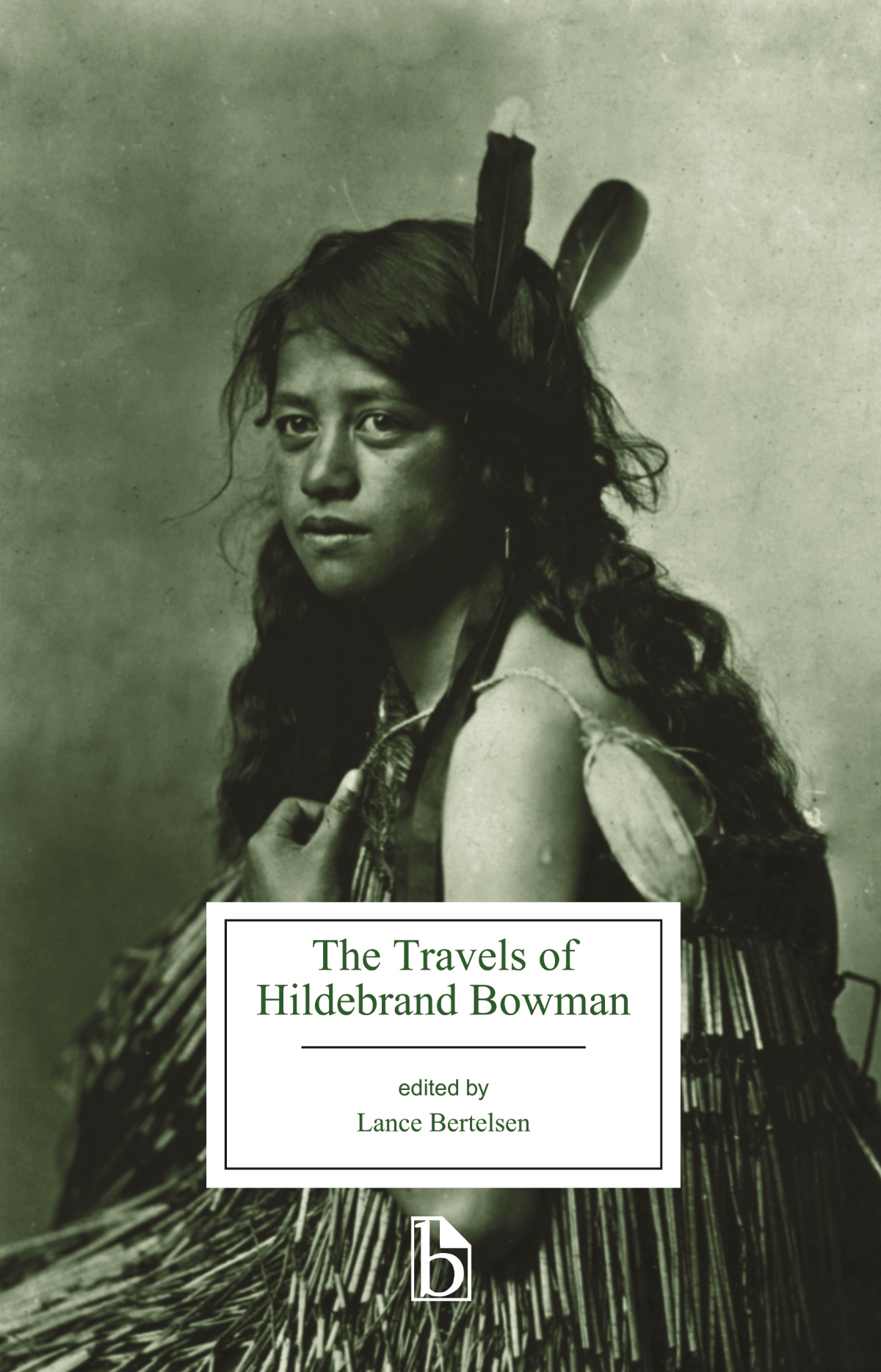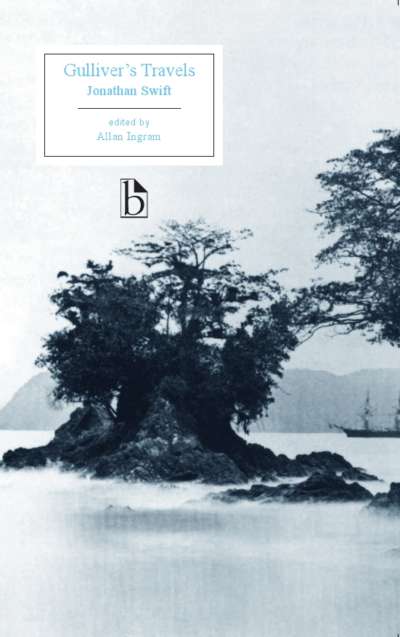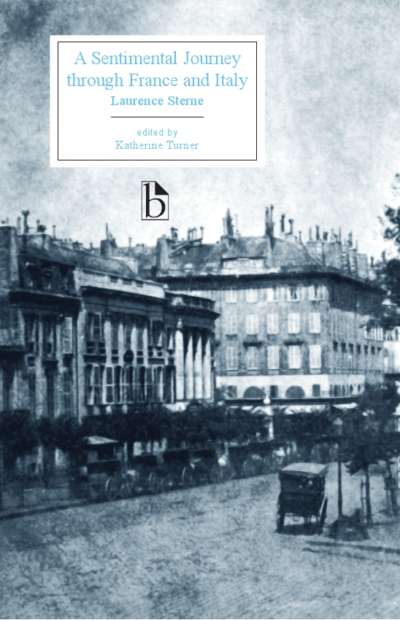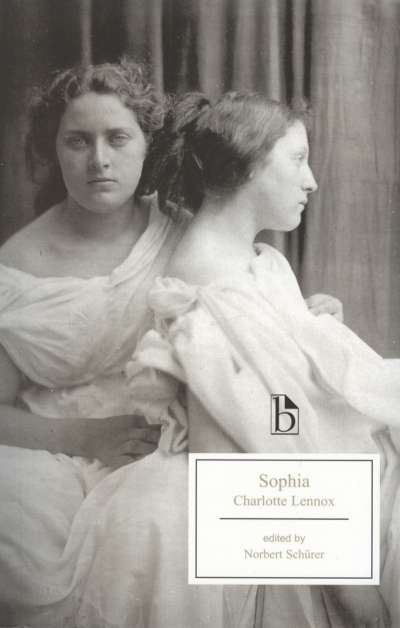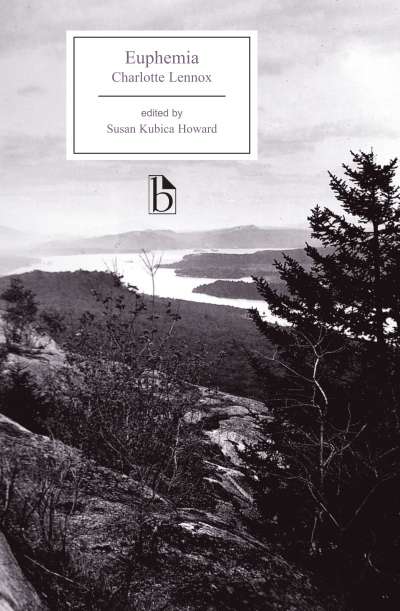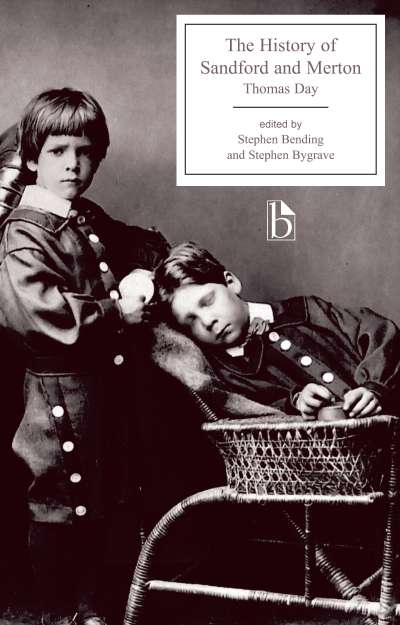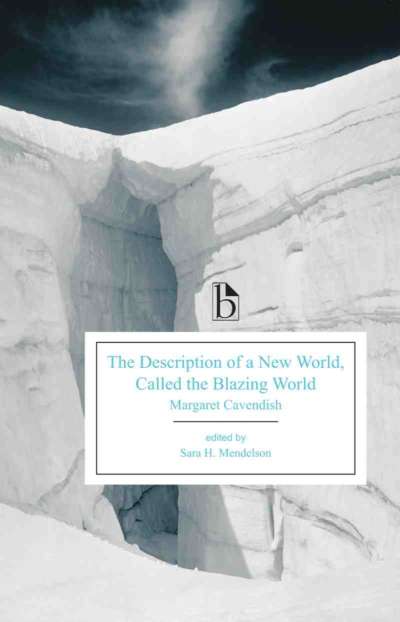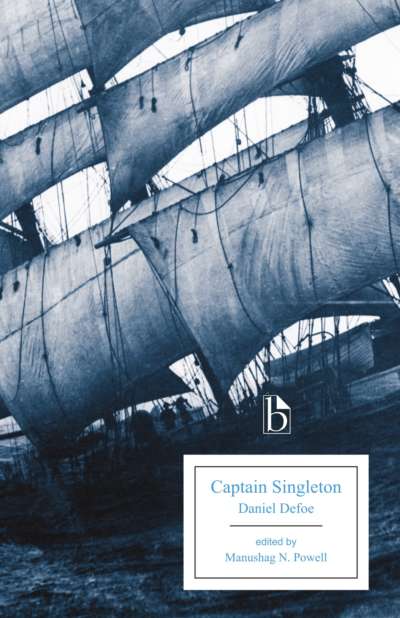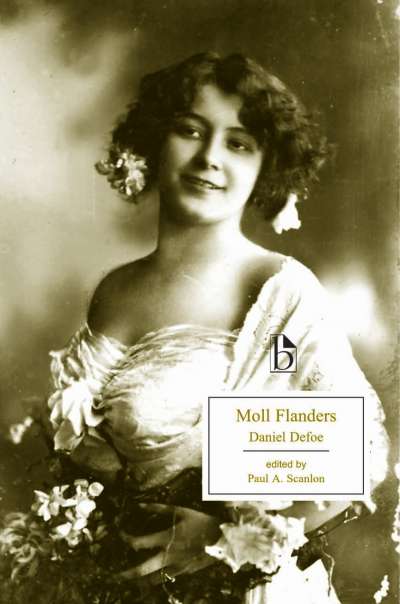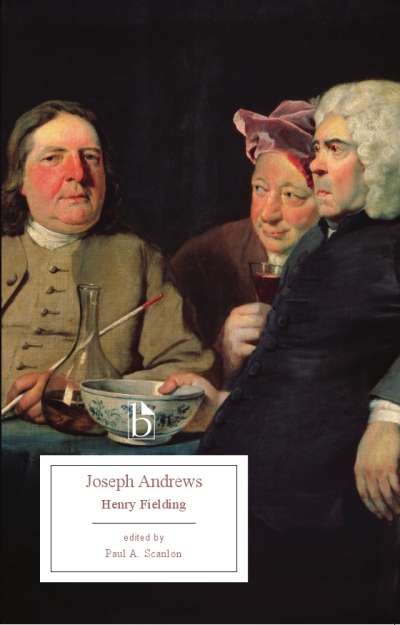The Travels of Hildebrand Bowman (1778) tells the story of a fictional midshipman abandoned in Queen Charlotte Sound, New Zealand, after a battle with Maori that claims the lives of ten of his shipmates. Inspired by an actual event on Captain Cook’s second voyage, Bowman’s adventures take him to increasingly sophisticated cultures—hunter/ gatherer, pastoral/nomadic, agricultural, and commercial—that dramatize stadial history in a Pacific setting. The work provocatively weaves together popular fascination with Cook’s voyages, sensational conceptions of the newly charted Pacific, contemporary ideas on human development and culture, topical satire on London life, and a fanciful castaway story. As an introduction to the cultural connections linking Pacific studies, the Scottish Enlightenment, and eighteenth-century English society and politics, The Travels of Hildebrand Bowman is unique in literary history and unsurpassed as a teaching text. Of equal importance, it marks the birth of a national literature. It is the first New Zealand novel.
Historical appendices provide an exceptionally broad range of materials on the Grass Cove “massacre,” the eighteenth-century stadial theory of historical development, cannibalism, and contemporary depictions of the South Pacific and its indigenous peoples.
Comments
“Like a hologram, The Travels of Hildebrand Bowman refracts a variety of eighteenth-century concerns. In his remarkable edition, Lance Bertelsen shows how Bowman, inspired by James Cook’s sensational discoveries in the Pacific Ocean, travel literature, Scottish Enlightenment philosophers, and satire both social and political, explores what it means to be human. In this lively satirical allegory of England’s ‘progress’ over the past 200 years, Bowman asks whether an ideal state of nature can actually exist. Do cultural interventions caused by the global circulation of trade destroy what it means to build up? As humanity embraces ever more sophisticated stages of development, do luxury, decadence, and corruption inevitably lead to decline? A wealth of helpful and accessible knowledge illuminates this fascinating, prophetic, genre-defying book, the first fiction set in New Zealand and a major find for eighteenth-century studies.” — Jocelyn Harris, University of Otago
“Part adventure story, part allegory, didactic but never less than entertaining, The Travels of Hildebrand Bowman can be enjoyed on a number of levels. Bowman’s search for Utopia in newly discovered exotic worlds captures the spirit of the Enlightenment imaginatively. For anyone interested in late eighteenth century voyaging and discovery, and in the Old World reaching out towards the New, Bowman’s travels make captivating reading.” —Graeme Lay, Captain Cook Society
List of Illustrations
Acknowledgements
Introduction
The Travels of Hildebrand Bowman in Literary and Historical Context: A Brief Chronology
A Note on the Text
The Travels of Hildebrand Bowman
Appendix A: The Grass Cove Incident
- From Lieutenant James Burney, Log, 1773
- From Morning Chronicle and London Advertiser, 16 July 1774
- From Frances Burney, Journal, 1774
- From Tobias Furneaux, Narrative, 1773
- From Lieutenant James King, Journal, 17 February 1777
Appendix B: Descriptions of Indigenous Peoples of the Pacific
- From Tobias Furneaux, Narrative, 1773
- From William Anderson, A Journal of a Voyage Made in His Majestys Sloop Resolution, 28-29 January 1777
- From George Forster, A Voyage round the World in His Britannic Majesty’s Sloop, Resolution (1777)
- From James Cook, A Voyage towards the South Pole, and Round the World (1777)
- From Frances Burney, Letter to Mr. Crisp, 1 December 1774
Appendix C: Cannibals
- From Michel de Montaigne, “Of Cannibals” (1580)
- From Daniel Defoe, The Life and Strange Surprizing Adventures of Robinson Crusoe of York, Mariner (1719)
- From Voltaire, “Anthropophagi, or Man-eaters” (1765)
- From James Cook, Journal, 23 November 1773
Appendix D: Stadial Theory and the Scottish Enlightenment: The Natural and Social Development of Man
- From Edward Tyson, Orang-Outang, sive Homo Sylvestris: or, The Anatomy of a Pygmie Compared with that of a Monkey, an Ape, and a Man (1699)
- From Adam Smith, “Lectures on Jurisprudence” (1762)
- From Adam Smith, An Inquiry Into the Nature and Causes of the Wealth of Nations (1776)
- From Adam Ferguson, An Essay on the History of Civil Society (1767)
- From John Millar, Observations Concerning the Distinction of Ranks in Society (1771)
- From Lord Monboddo (James Burnett), Of the Origin and Progress of Language (1774)
- From Lord Kames (Henry Home), Sketches of the History of Man (1774)
Appendix E: Luxury, Global Trade, and Cross-Cultural Satire
- From Bernard Mandeville, The Grumbling Hive: or, Knaves Turn’d Honest (1705)
- From Jonathan Swift, Travels into Several Remote Areas of the Worlds [Gulliver’s Travels] (1726)
- From Oliver Goldsmith, The Deserted Village (1770)
- From Tobias Smollett, The Expedition of Humphry Clinker (1771)
- From An Historic Epistle from Omiah, to the Queen of Otaheite; being his Remarks on the English Nation (1773)
- From Omiah’s Farewell, Inscribed to the Ladies of London (1776)
- From William Preston, Seventeen-Hundred and Seventy-Seven; or, A Picture of the Manners and Character of the Age (1777)
Appendix F: Flying Fashion and Macaroni Style
- Louis-Phillipe Boitard, “A Gawrey Extended for Flight,” from Robert Paltock, The Life and Adventures of Peter Wilkins (1751)
- Anonymous, The Preposterous Head Dress, or the Feathered Lady (1776)
- Sir Joshua Reynolds, Georgiana, Duchess of Devonshire (c. 1775)
- Anonymous, Phaetona or Modern Female Taste (1776)
- Anonymous, Oh. Heigh. Oh. Or a View of the Back Settlements (1776)
- The Fly-Catching Macaroni (1772)
- From Yankee Doodle (c.1765-75)
- Thomas Rowlandson, A French Frigate Towing an English Man O’ War into Port (n.d)
Appendix G: The Great Southern Continent
- From Alexander Dalrymple, An Account of the Discoveries Made in the South Pacifick Ocean, Previous to 1764, Part 1 (1767)
- From the Admiralty, Secret Instructions for Capt Cook, Commander of His Majesty’s Sloop Resolution, 25 June 1772
Appendix H: Reviews of Hildebrand Bowman
- William Bewley, The Monthly Review; or, Literary Journal (1778)
- From The Critical Review: or, Annals of Literature (1778)
Works Cited and Recommended Reading
Lance Bertelsen is Professor of English at the University of Texas at Austin.

